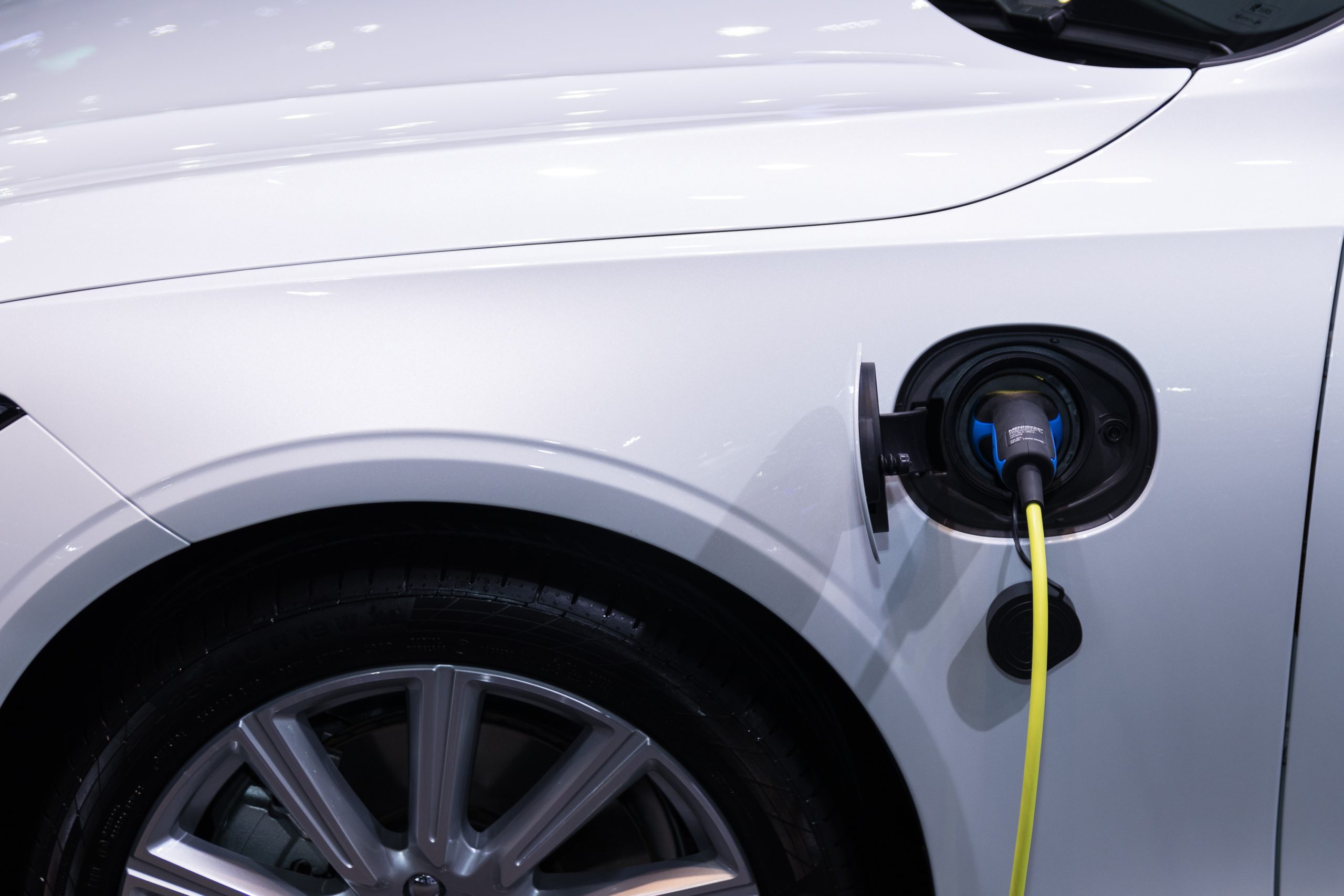In recent years, electric vehicles have been gaining popularity around the world, and with that comes a need for more lithium. Lithium is a key component in many types of batteries, and thus has become an increasingly important commodity as electric vehicles become more prevalent. China’s lithium prices have recently taken a dive due to decreased demand for electric vehicles, showing the direct relationship between these two commodities. In this article, we will explore what caused this dip in prices and how it could affect the future of the electric vehicle industry.
The current state of the Chinese lithium market
As of late, the Chinese lithium market has been in a slump due to weakened demand for electric vehicles. This is largely due to the effects of the COVID-19 pandemic, which has caused a decrease in global demand for all types of vehicles. However, China was already seeing a slowdown in electric vehicle sales before the pandemic hit, as the government began to cut subsidies for these types of vehicles.
This slowdown in demand has led to a drop in prices for lithium carbonate and hydroxide, the two main types of lithium used in electric vehicle batteries. As a result, many Chinese lithium miners and producers have been forced to scale back or suspend operations. This is likely to continue in the short-term as global demand for electric vehicles remains weak. In the long-term, however, China is still expected to be a major player in the global lithium market as it looks to transition away from fossil fuels and towards cleaner energy sources.
How the electric vehicle market is affecting lithium prices
Lithium prices in China have fallen sharply in recent months as demand for electric vehicles has weakened. This is having a ripple effect on the global lithium market, with prices falling in other major producing countries such as Australia and Chile.
The weakening demand for electric vehicles is being driven by a number of factors, including the US-China trade war, slowing economic growth in China, and a cut in subsidies for electric vehicles. This has led to a sharp slowdown in sales of electric vehicles in China, the world’s biggest market for such vehicles.
As a result of the weak demand, Chinese producers of lithium are now facing overcapacity and are slashing prices to try and boost sales. This is putting downward pressure on prices globally.
The weak demand for electric vehicles is unlikely to be reversed in the short term, so we expect prices to remain under pressure in the coming months.
What this means for the future of the lithium market
Lithium prices in China have been on a downward trend in recent months, as demand for electric vehicles (EVs) has weakened. This is bad news for the global lithium market, as China is the world’s largest producer and consumer of lithium.
The weak demand for EVs in China is due to a number of factors, including a slowdown in the economy and stricter emissions standards. As a result, many EV makers are cutting production or delaying plans to expand capacity.
This is likely to lead to a oversupply of lithium on the market, which could push prices even lower. In the long term, this could hurt the prospects for new lithium mines and projects, as investors become more cautious about investing in the sector.
It’s still too early to say exactly how this will all play out, but it’s clear that the Chinese lithium market is facing some challenges. This could have knock-on effects for the global market, so it’s something that all stakeholders will be watching closely.
Alternative energy sources
As the electric vehicle market cools in China, prices for lithium have taken a dive.
China is the world’s largest market for electric vehicles, and demand has been strong in recent years. But now, with sales of EVs slowing, prices for lithium are falling.
China is home to many of the world’s largest lithium mines and battery factories, so the country has a huge impact on global prices. When Chinese demand weakens, it can send shockwaves through the market.
That’s what’s happening now, as weaker than expected EV sales have led to a drop in lithium prices. According to Reuters, prices for spot lithium carbonate in China have fallen by around 15% since October 2018.
The softening Chinese market is just one factor putting pressure on prices. A surge in new supply from Australia and Chile is also weighing on the market. And given that EVs make up a small portion of total vehicle sales, there’s not as much demand for lithium as some had hoped.
All of these factors are coming together to create a perfect storm for lower prices. How long they’ll stay down is anyone’s guess, but it’s clear that the days of soaring Chinese demand and high prices are over – at least for now.
Conclusion
Chinese lithium prices have taken a major plunge due to the weakening demand for electric vehicles. This is a result of the global economic slowdown combined with China’s policies on electric vehicle manufacturing and subsidies. As the future of electric vehicles remains unclear, it is important to keep an eye on how Chinese lithium prices will develop in response to changing market conditions. In any case, it seems that even as countries increase their investment in green energy solutions and technologies, there are still certain weak points that will need ironing out before we can expect widespread adoption of sustainable transport alternatives such as EVs.










